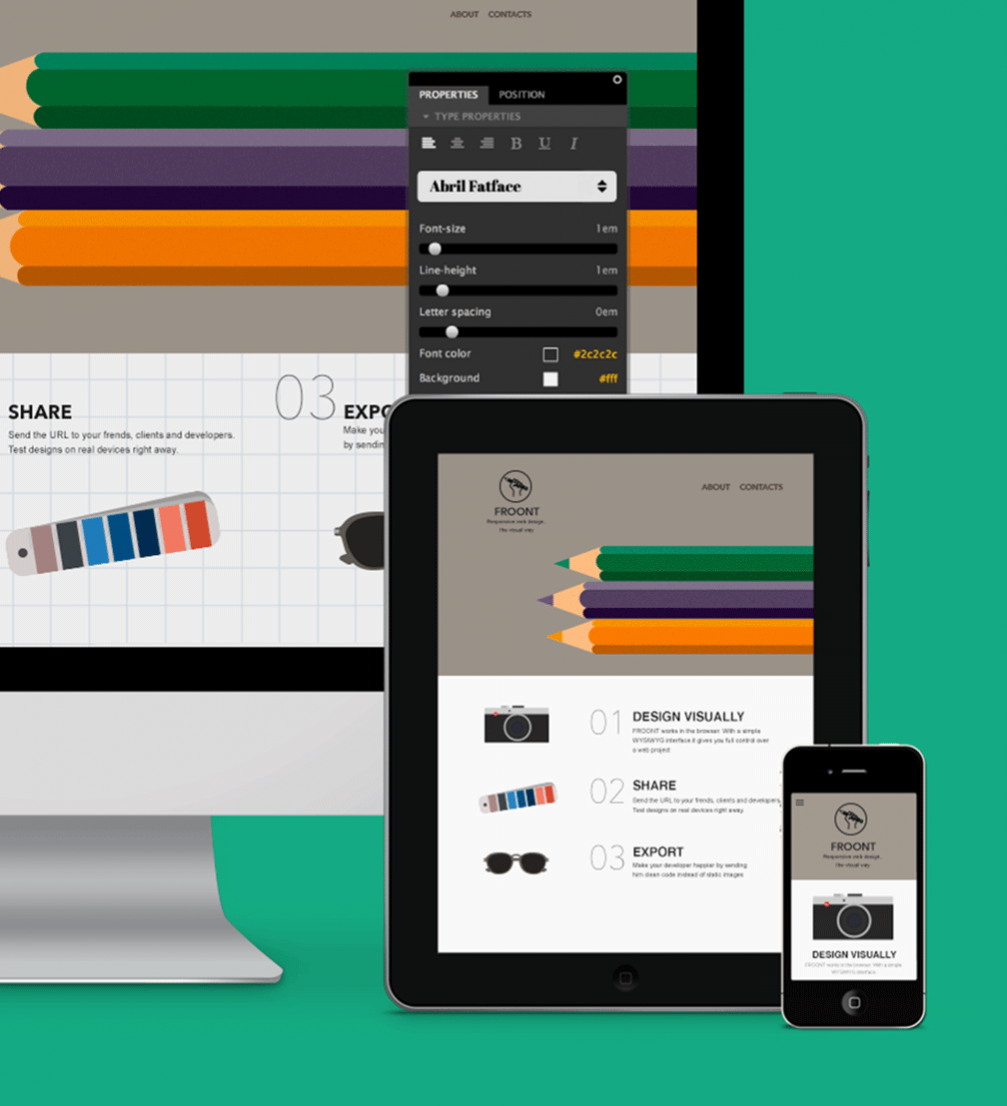
When talking about Latvian intellectual potential and its role in the economic growth, it is common to refer to successful examples from other countries that have fought their place in the global market. What is going to be the Latvian «Skype» and «Nokia»? It is enough to look into the local field of technology to realise that everything is already happening.
Success story Nº1
At the beginning of the year, local media were eagerly reporting about the success of a contact management tool, «Cobook». Established almost three years ago, company’s creators Kaspars and Jānis Dancis’s goal was to make contact organizing more convenient and manageable. Although the field had seen several attempts, there was still a lack of a genuinely good solution. It is confirmed by the fact that, in 2012, «Cobook» was recognized as one of the best apps by «Apple», it was downloaded by millions of users and praised by such media as «TechCrunch», «Lifehacker», and «The Next Web». This year, the smart address book was acquired by an American company «FullContact», based in Denver, where «Cobook’s» six–people team will also be moving soon. The merger will mean not just a change of the title, but also an expansion of the profile and a potential availability not only for iOS users, as was the case until now; also, users’ data will now be stored in a cloud, thus making it possible to access it independently of user’s location.
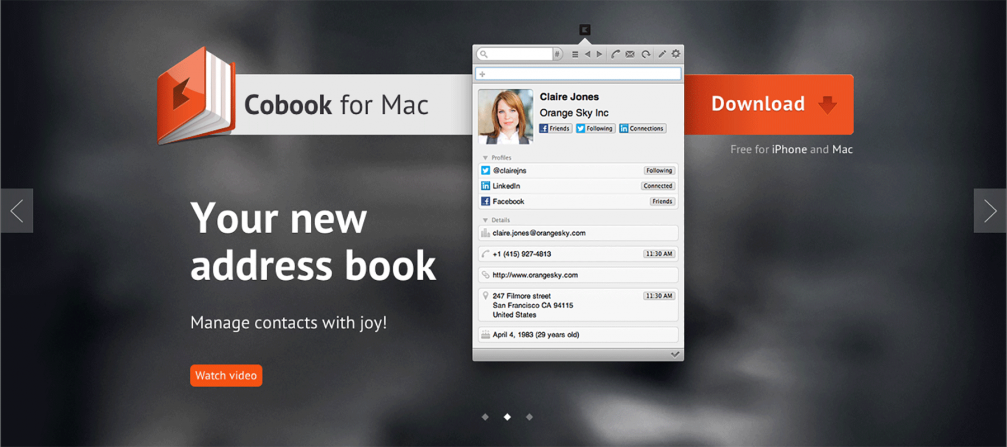
B2B
Dissatisfaction with existing possibilities was what encouraged Māris Daģis and Kristaps Alks, creators of an e–commerce tool «Sellfy», to develop a new solution. This platform allows anyone to sell products of digital content to users in a convenient way, i.e. with a link. E–books, photographs, videos, software and any other digital content can be uploaded to «Sellfy» environment, then provided with a price tag, and a sale process by means of social network or a website can begin immediately. «Sellfy» provides file storage, payment management and product delivery to users. Platform’s authors initially worked with developing «WordPress» designs and templates. When they saw that there was a lack of an easy way to sell digital products, they began working on a solution that would be good for them as well as other creative people, like authors of digital books, musicians, photographers, etc. At the moment, working within «TechHub» business incubator and co–working space, «Sellfy» continues with developing the product, dealing with integrations that will make «Sellfy» available to an even wider user audience.
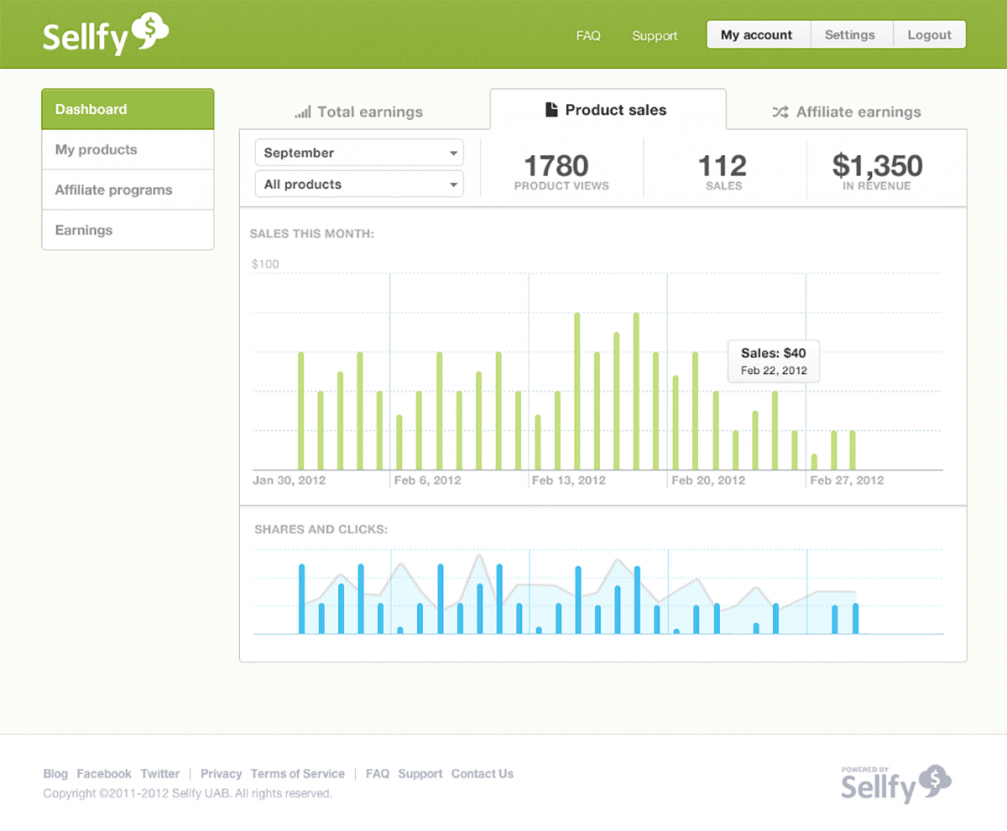
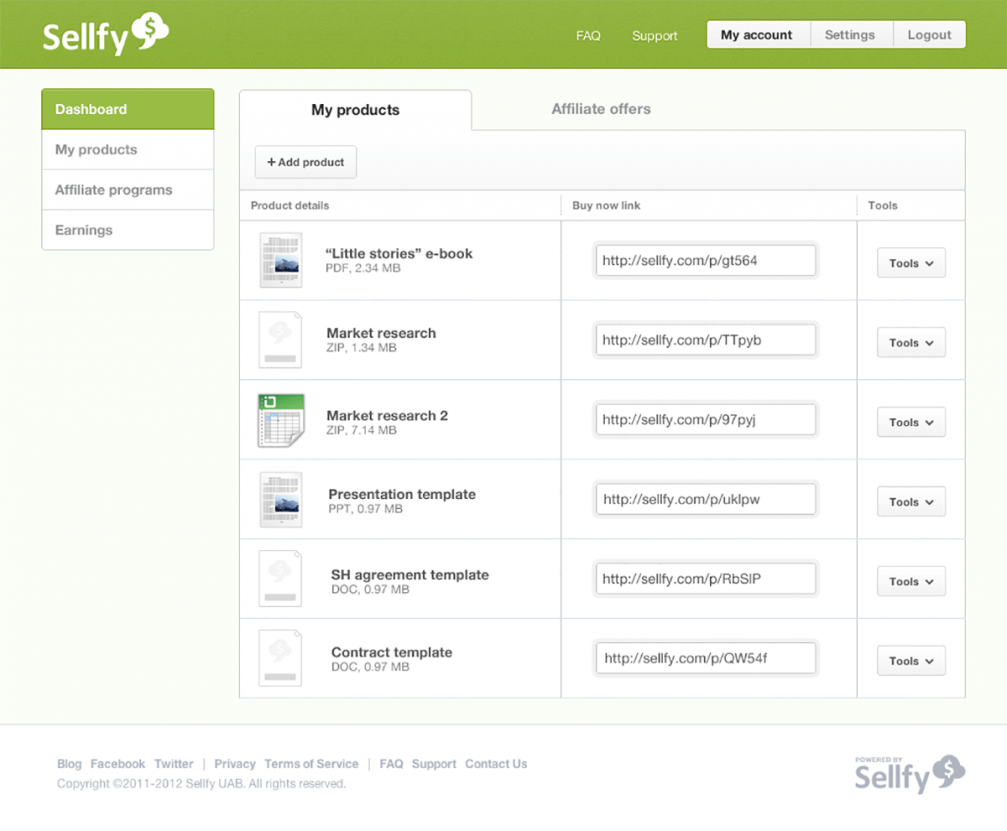
Sales are also facilitated by another locally built tool, «Reach.ly», which has been created by Ernests Štāls. It analyses user behaviour in real time when they visit, browse and leave a client’s internet store, with or without purchasing something. These features are gathered and users are then divided into separate categories according to their patterns and habits; for instance, into impulsive buyers or those who carefully research products before purchasing them. The analytical platform seeks for ways to better involve a customer into buying a product. This, then, allows the owner of a certain website to offer better deals and provide target audiences with appropriate discounts.
Saving time and money
«Roamer» is an app developed in Latvia that helps to save money by avoiding mobile roaming and it operates in 54 countries worldwide. The service, developed by Nikolai Ustinov and Pyotr Antropov, helps its users save money when calling from abroad with a new SIM card, yet retaining their existing phone number. The saved amount depends, though, on the country where the service is used from.

It seems that nowadays more people find it difficult to have time for calmly reading a book. This is where an e–book reading tool «Fastr» comes in handy. «We began our work after «Garage48» event in 2012. In two years we came to be «Fastr Books», which is a site where one can buy and read books on mobile devices,» says company’s founder Eldar Loginov. After participating in a number of international start–up conferences, «Fastr Books» see their future as a kind of «Spotify» for e–books, offering readers a wider range of books for a certain subscription fee. At the end of January, «Fastr Books» catalogue offered its readers 1,200 books, of which 26 were in Latvian. The number grows gradually, with 2–3 books being added every day.
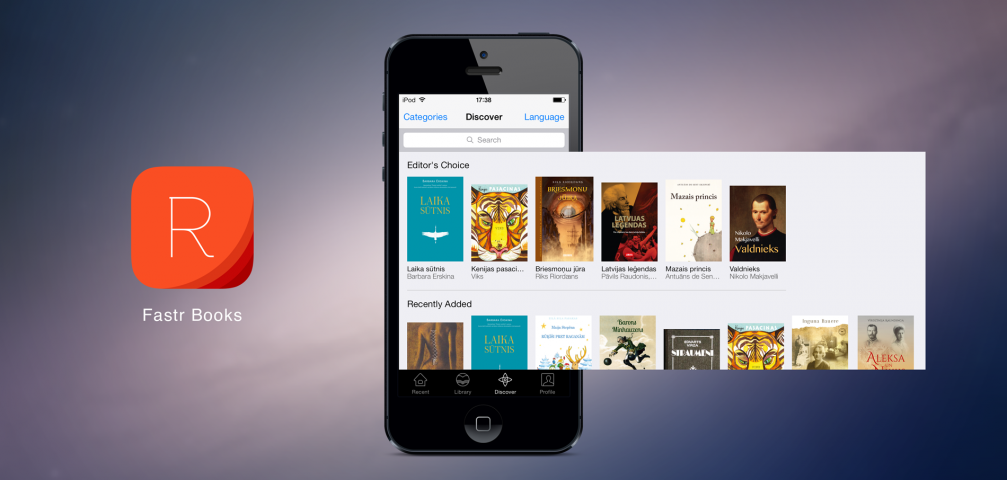
Quality is not just for professionals
Many have praised the tool that allows one to create an attractive website without being a pro in programming. «Froont» helps with creating a webpage design within a browser, using a simple interactive interface. A chosen design adjusts easily to different devices, making possible to see the result just like it will be seen by users. The company was founded in 2012, and now it has 7 people on its team. «Froont» has already attracted more than 45,000 users, and a paid test version was launched in December. Anna Andersone, company’s co–founder, admits they have received partnership offers and there has been an interest in buying the product, but «Froont» wants to stay independent and be able to account for their own future plans.
Global ambitions are what characterize «Sonarworks», a company whose founder Kaspars Sproģis has invented and patented a sound signal processing technology that enables digital sound correction indoors and offers a digital audio processing software solution to both professionals as well as aficionados. «Sonarworks» software improves listening experience by enhancing the quality of sound, coming close to the original performance. It is the next step in sound improvement technology, where both speakers and space acoustics are corrected.
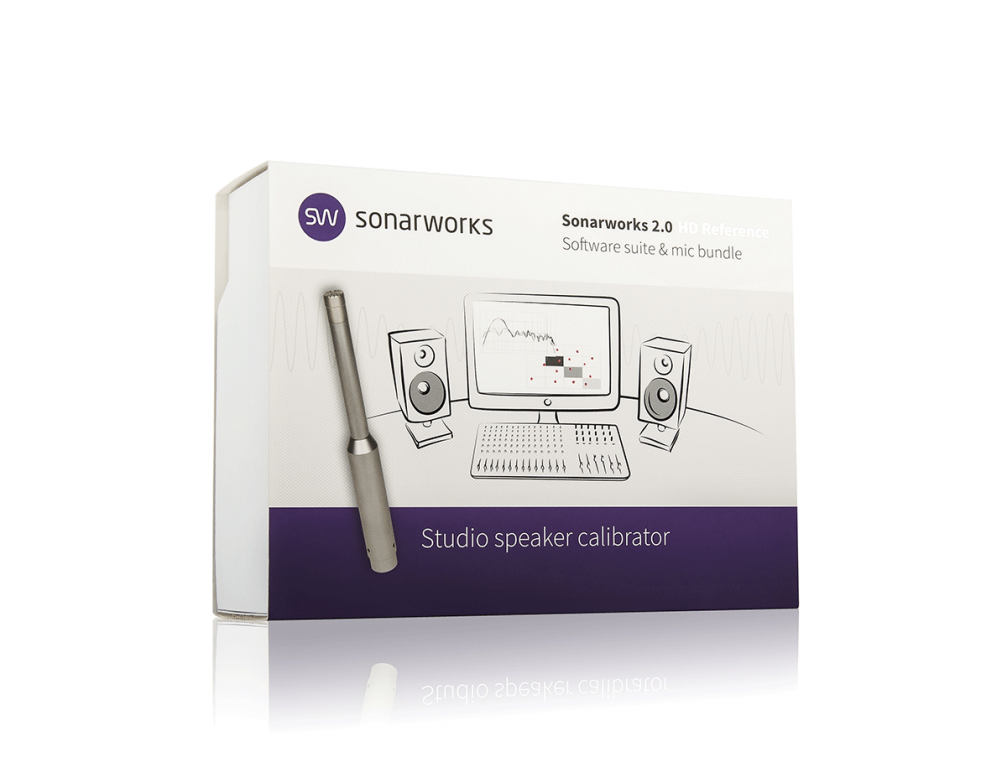
Showing a story
It’s better to see something once than hear it a thousand times — this is how you present a platform called «BuzzTale» that allows for creating text, photo or short video stories in real time using an iPhone. The live blogging project was created in «eegloo» business incubator in Riga, and its potential has been acknowledged by the Finnish business accelerator «Startup Sauna», which is popular among start–ups. Initially, «BuzzTale» was known as «Latte», but platform’s content hasn’t changed with the change in its title. «BuzzTale» allows you to create a coherent story from several different user–created fragments that illustrate, for instance, what’s happening at a business conference, a restaurant opening, etc. This tool is useful for companies, and its co–founder Andris K. Bērziņš is proud that «BuzzTale’s» first corporate client is the telecommunication company «Tele2».
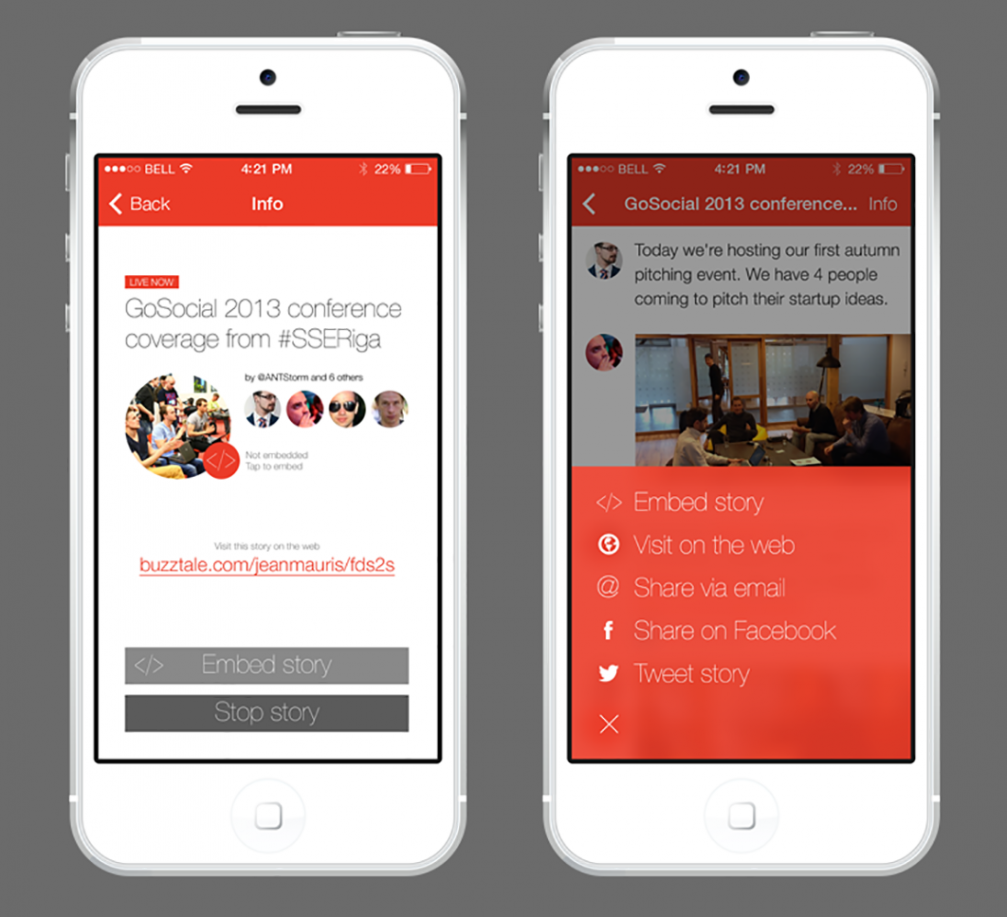
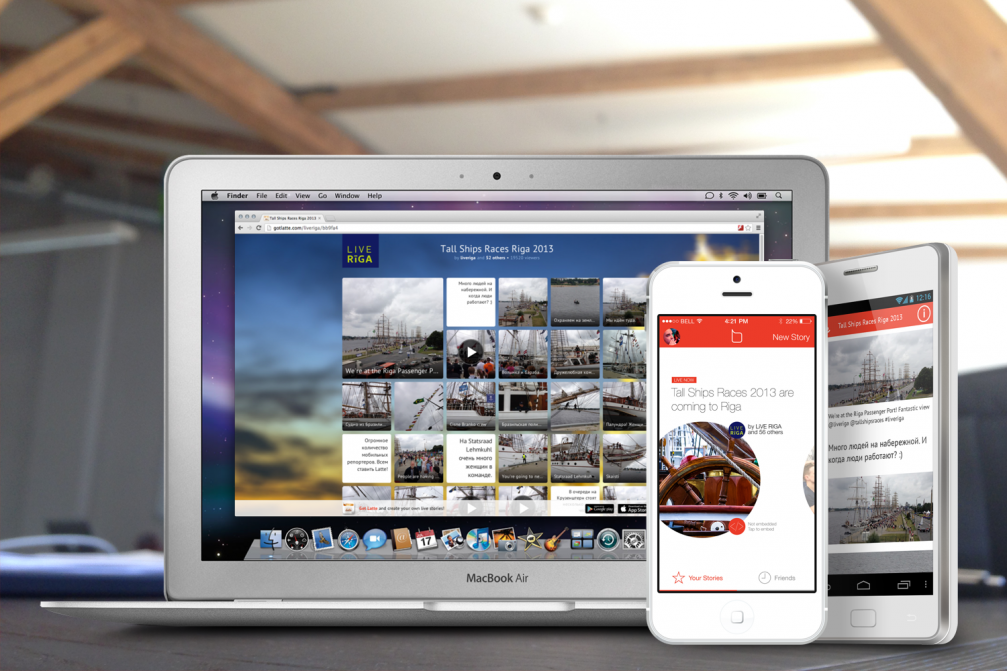
The beginning of February was a two–year anniversary for data visualisation tool «Infogram», which allows for quickly making and sharing infographics and interactive graphs. Company’s founder Uldis Leiterts explains that the service is used by a million users worldwide, among them are «office people», who find it useful during presentations and sales process, media (such majors as Al Jazeera, The Huffington Post, Le Monde, The Verge, etc.) and educational institutions. «For example, schoolchildren can arrange what they heard in a history lesson into a infographic, while teachers can easily go through thirty works during one class,» says Uldis. In a couple of years, «Infogram» team has grown from three to twenty people and its users have created more than 1.6 M infographics, making it the largest data visualisation community in the world.
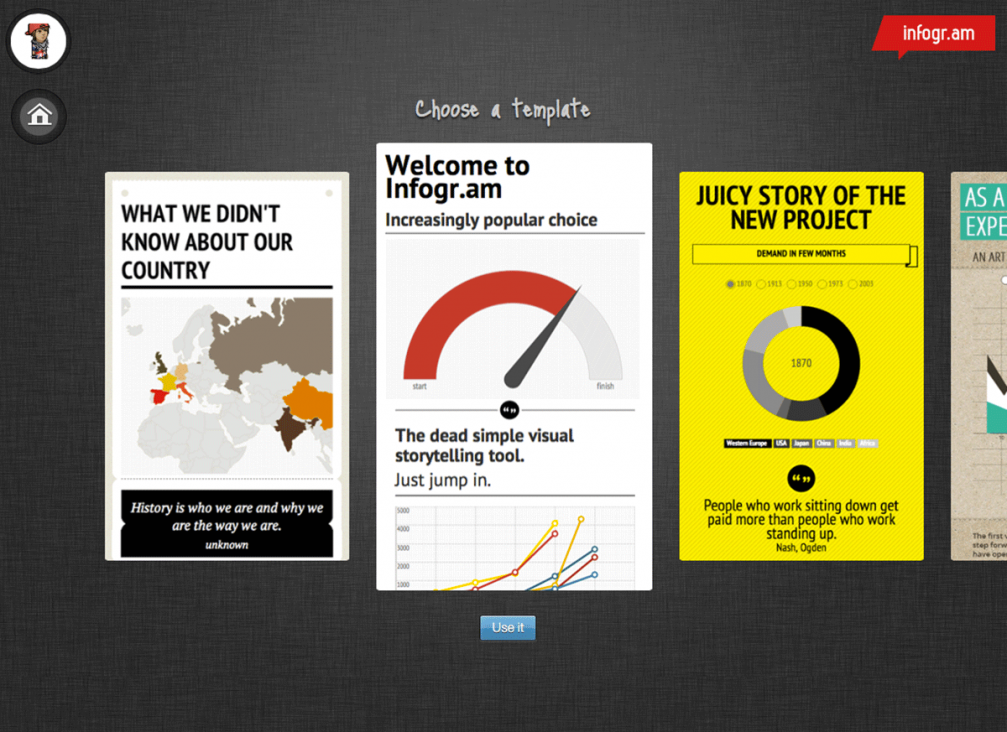
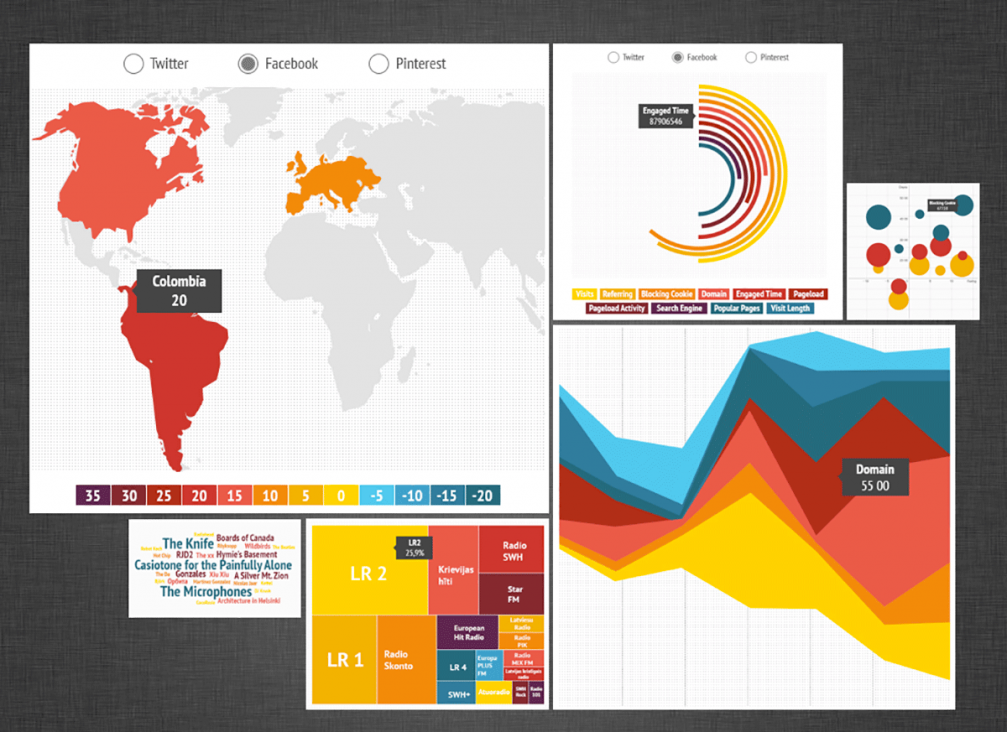
Non–stop development
Anna Andersone, of «Froont», Eldar Loginov, of «Fastr Books», and Māris Daģis, of «Sellfy», agree — during the last two years Latvian start–up environment has experienced quick rise; there are new places and events to meet people and get together. If a few years ago it was «Open Coffee Club Riga» and «Garage48» that brought people together, then now opportunities to meet likeminded enthusiasts and potential business partners are much wider. «Startup Weekend Riga» took place recently; and «TechChill Baltics» is on the horizon, which is warmed–up by «Mini Seedcamp» and «Leancamp» workshops. Anna adds, however, that, in Latvia, there’s still a lack of «basic public awareness». After «Skype», Estonians developed understanding of what it means to have a company founded in their country that becomes immensely successful in the world. A start–up environment’s feedback with successful companies, sharing of experience and a chance for young ones to learn is what, in her view, would encourage the field’s development. Māris adds, «What is needed for there to emerge more successful companies? Probably, a couple of successful projects that would show that everything is possible.»
Uldis Leiterts talks of two generations of start–ups and different results: «The more successful ones continue and develop, some consolidate, while others quietly disappear. But one thing is certain — those who began with start–ups don’t go back to «normal» work, because it would be too boring.»

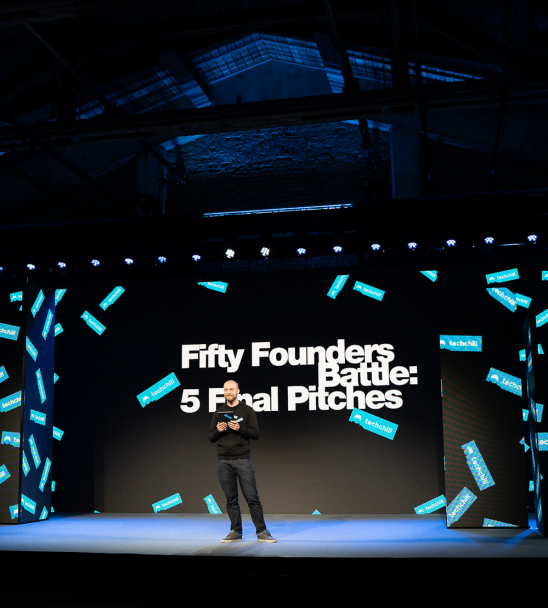



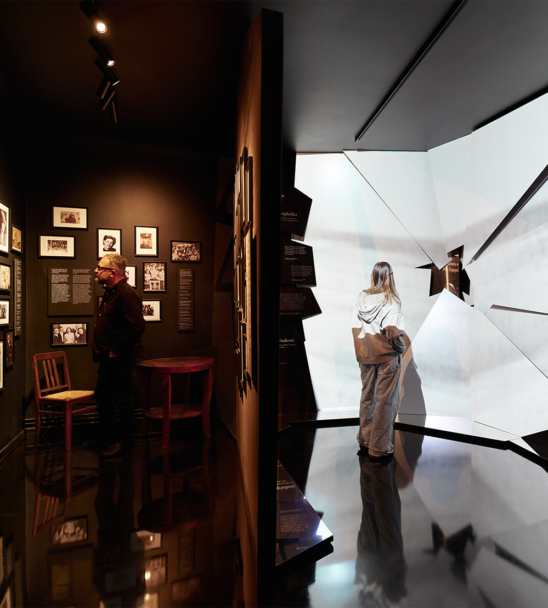


Viedokļi